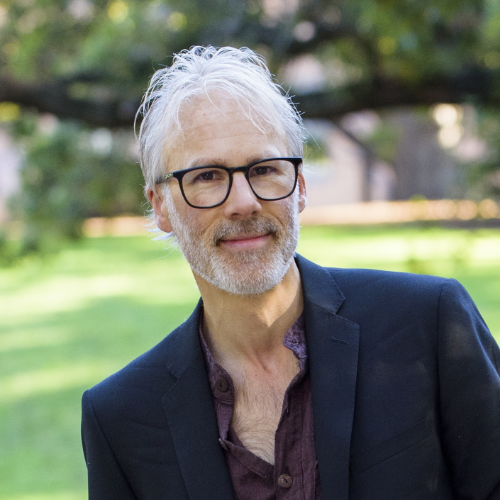Human as Medium: Caring for Machines in the Age of AI
We typically imagine technology as mediating between humans. In this talk, I argue that contemporary artificial intelligence (AI) inverts this relation. In many organizations, machine-to-machine transactions now lead, while humans operate as media or “middleware”: they format inputs, govern thresholds, route exceptions, attest compliance, and maintain thermal/electrical/organizational wrappers. Manual intervention, of course, has always underwritten automation but with AI, cognitive authorship is increasingly displaced by work on protocol and material levels, effectively serving machines carrying out the actual reasoning.
This order, I argue, is not the result of machine learning systems becoming “general” as per the artificial general intelligence (AGI) discourse or indeed capable of thinking in any conventional sense, nor of having intentions and even less of entertaining some version of consciousness. Rather, it is the effect of us collectively behaving as though this were the case. In practical terms, an As-If (“Als-ob”) regime is established: metrics (cost, latency, throughput), guardrail policies, and platform constraints incentivize deference to model outputs unless escalation is cheaper or required. Mediating between, caring-for-machines, becomes the optimal procedure from an efficiency standpoint.
I situate this notion of the human as medium in a longer history of manual switchboards, punch-card census operations, and weather forecasting. Yet, with current AI systems, a break can be discerned. Building on the mentioned “Als-ob” regime, I find this break to be the result of three developments. First, primacy inversion (models negotiate with models; people trail as exception-handlers), second, system opacity (even model owners and engineers cannot verify outputs), and three, a care shift (humans effectively act as servants not to other humans – but to machines; as “caring media”). In the face of these changes, I end by asking whether scholarship attentive to the frailty and breakdown of technology e.g. repair and maintenance studies can still embrace acts of caretaking, tinkering, and fixing as part of a critique of progressivist narratives of innovation?
Wir bitten um Anmeldung bis zum 6. Januar 2026. In Kooperation mit dem Ada Lovecenter for Digital Humanities.
Zeit & Ort
07.01.2026 | 18:15
Freie Universität Berlin
Seminarzentrum, Raum L 116
Otto-von-Simson-Straße 26
14195 Berlin
Standortplan

